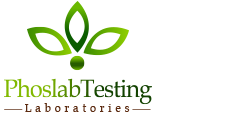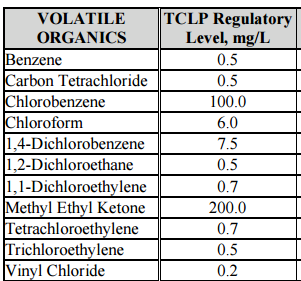Hurricane Irma was one of the most powerful storms in history and its effects continue to impact the hardest-hit areas, including the state of Florida. News coverage has focused on power outages and flooding, but a less-known effect is the harmful water contamination that continues still. According to reports filed with the Florida Department of […]
Read More- HOME
- Services
- Environmental Testing
- BTEX Testing Services
- Volatile Organic Compound (VOC) Testing
- Total Recoverable Petroleum Hydrocarbons Testing and Analysis
- Pesticide Testing and Analysis
- Polycyclic Aromatic Hydrocarbons Testing
- Hazardous Waste
- Wastewater Testing
- Soil Testing
- TCLP Testing
- SPLP Testing
- RCRA Metals TCLP Analysis
- Agriculture Testing Laboratory
- Brownfield Testing Laboratory
- Mineral Testing Laboratory
- Chemical Testing Laboratory
- Field Sampling
- Phoslab Environmental Consulting
- Resources
- About Us
- Contact Us
- PhosBlog

